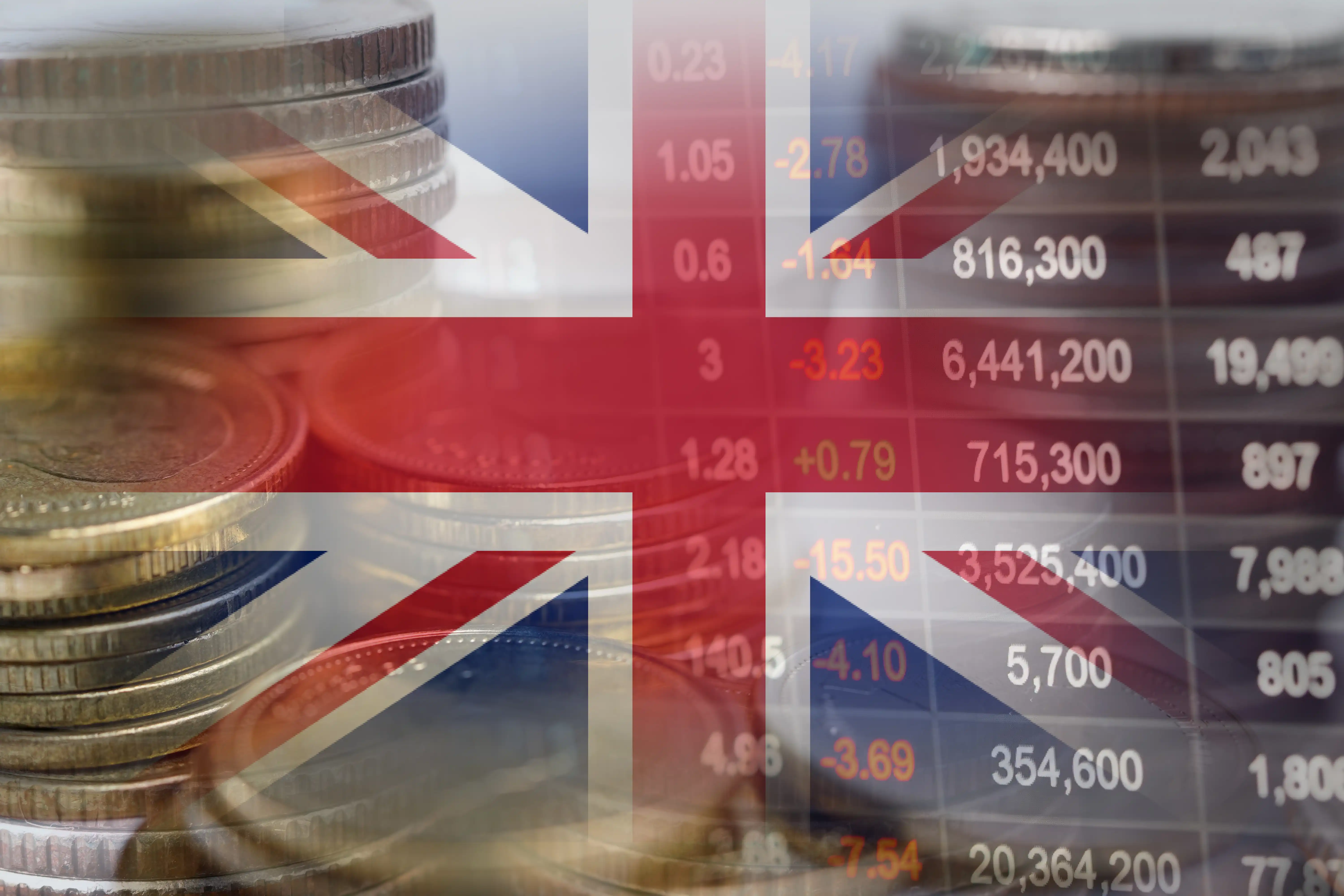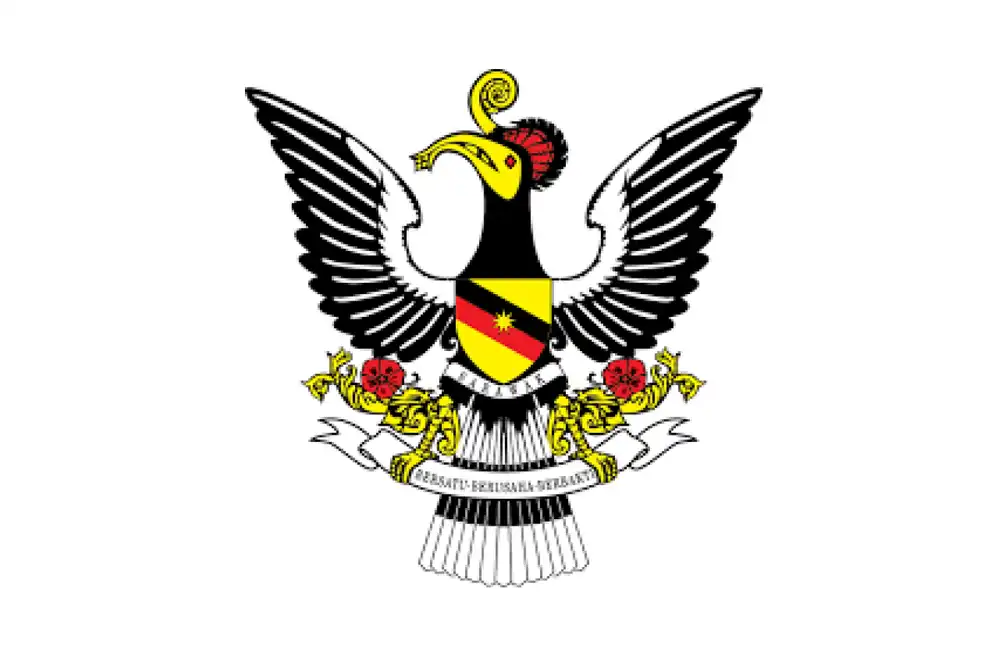The United Kingdom’s economy relies heavily on the commodity market, which affects energy costs and agricultural sustainability.
These markets' connection to worldwide trends exposes them to unpredictable economic developments, changes in trade policies, and geopolitical tensions. Recent years have been no exception. This article's analysis focuses on the UK commodity market's performance through April 2025 compared to international markets. It will also cover how recent economic changes affect multiple commodity sectors and evaluate investor sentiment within this evolving market environment.
Overview of Recent Economic Developments
Major changes have occurred in global economic dynamics as we approach 2025. The introduction of trade tariffs by the United States, persistent geopolitical tensions among major economies, and changes in supply-demand patterns have significantly impacted commodity markets.
Projections from the World Bank for 2025 show global commodity prices will hit their lowest point in five years because of an oil surplus and reduced global demand. Oil and other energy commodities face the most severe price reductions, while metals and agricultural markets stabilise after previous market disruptions.
The current market developments provide a context for analysing the UK commodity market's response and comparing it to worldwide trends.
Energy Commodities
Global Perspective
Global markets have witnessed significant price drops for energy commodities, with oil experiencing the most intense declines. Analysts expect Brent crude oil prices to settle at $73 per barrel in 2025 after a decrease from $80 per barrel in 2024, followed by stabilisation at $72 per barrel in 2026. A combination of elevated production levels from OPEC+ nations and diminished demand due to global economic slowdowns drives market changes.
Current economic uncertainty has triggered decreased energy consumption across major regions, which has further lowered oil prices. Middle Eastern tensions, together with shifting alliances between major oil-producing nations, have created instability in the oil market.
UK Market Analysis
The decrease in global oil prices has had real benefits for the UK's energy market. Experts predict UK fuel prices will drop to their lowest point since 2021, with petrol reaching 130p per litre and diesel falling to 137p. The current trend provides economic relief for both customers and enterprises during widespread financial difficulties.
UK energy companies face mixed consequences from the drop in oil prices. Consumer affordability and demand continue to sustain market activity despite profits narrowing from reduced global prices.
Metals and Industrial Commodities
Global Perspective
The worldwide industrial commodities market has reached a point where price fluctuations have ceased. An oversupply in the market has been counteracted by weak demand throughout major economies which has resulted from reduced industrial growth. The World Bank predicts this market balance will continue because manufacturers prioritise inventory control over new production output.
UK Market Analysis
The UK metal industry has successfully adapted its operations to navigate the current market conditions through strategic adjustments. The domestic market shows a moderate decrease in demand due to limited construction and manufacturing activity. Post-Brexit trade agreements and currency instability create new obstacles for producers who rely on exporting their products.
UK businesses and policymakers are actively implementing specific strategies as a response. The UK is prioritising investments in sustainable metal production technologies to secure its long-term position in competitive low-carbon industrial markets.
Agricultural Commodities
Global Perspective
Over the past few years, the global agricultural commodity markets have transitioned from fluctuating price cycles to a more stable state. Better supply chain operations and enhanced trade relationships helped absorb previous price shocks, leading to more predictable food prices for consumers.
UK Market Analysis
Global market stabilisation creates opportunities and challenges for the UK agricultural sector. Stable global food prices help manage domestic inflationary pressures, while farmers face reduced profit margins. The implementation of post-Brexit trade policies has created both beneficial prospects and significant obstacles because updated tariffs and quota systems have redefined export dynamics.
Sustainability efforts along with government financial support, are becoming significant forces that direct production trends within the domestic market. UK farmers now can adapt their production to new consumer trends due to the rising demand for locally sourced produce in the United Kingdom.
Investor Sentiment and Market Confidence
Global market investors have reacted differently when assessing recent economic trends and commodity market movements. Due to current geopolitical uncertainties, risk-averse strategies have become popular among many investors. The demand for safe-haven assets like gold continues to rise, while their prices remain supported by present market conditions.
Market confidence in the UK exhibits cautious optimism. Institutional investors are strategically expanding their portfolios into growing industries like renewable energy and agri-tech innovations to reduce risk exposure within unstable commodity markets actively.
Private investors now use data-driven tools to pinpoint important investment possibilities within metals and agricultural markets. The trend demonstrates how vital accurate, real-time analytics has become for shaping investment strategies.
Conclusion
The comparative study of UK and international commodity markets shows how major sectors display simultaneous patterns of convergence and divergence. The UK consumer base experiences financial relief thanks to falling oil prices, and producers experience varying outcomes from stabilising global metal and agricultural markets. Investors moving towards safe-haven assets and sustainable industries demonstrate the broad impact of these market developments.
The results demonstrate that UK policymakers, industry stakeholders, and investors must develop flexible strategies to address changing economic circumstances. Organisations gain a competitive advantage through their capability to understand commodity market signals and implement appropriate actions.
Continue to remain updated and proactive as worldwide market trends develop further.


















